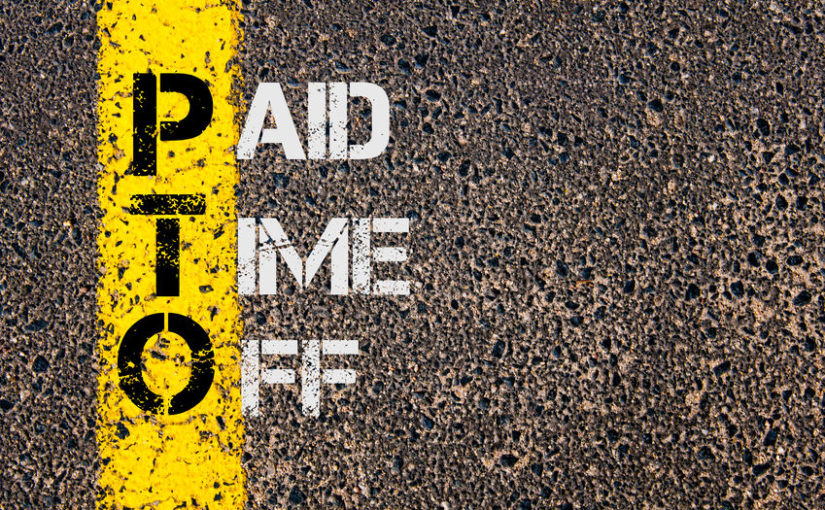
Starting today, the majority of LinkedIn’s 15,900 employees worldwide are getting a paid week off.
I’ve been a LinkedIn Learning (course) author for the last 5 years and have been fortunate to work with many of LinkedIn’s internal teams as well. I know firsthand, LinkedIn has always played the long game of attracting and retaining exemplary talent.
While not everyone has the ability to shut it down for a week, there are several things to learn from LinkedIn’s bold PTO move:
The challenge for leaders is that a week off will never feel urgent, especially in the midst of a pandemic, economic uncertainty, and enormous disruption. But here’s what happens when you and your team collectively push through burnout:
At first, creative thinking slows, then it stops. No one has any energy to think, innovate, try something new. But that’s not so bad right? At least we can keep our heads above water.
You will, for a while.
But then, the mistakes start happening. As exhaustion wears on, deadlines get pushed back, details get missed, and the only time we feel energy is putting out a fire.
And then, when burnout reaches its most vicious state, ethical lapses can occur. Take Wells Fargo, for example. When the stress became unbearable, employees created fake accounts just to meet weekly goals. Good people make bad decisions when they feel like there is nowhere else to turn.
From a business perspective, pushing through burnout is a bad decision. From a personal perspective, it’s devastatingly sad. It reduces your ability to think and feel, and it has a ripple effect on your entire life.
Even if a week-long companywide shut down is not in your future, you can find ways to help manage burnout for yourself and your team. Take designated days completely off, manage your screen time, and remember, you too, are playing the long game.